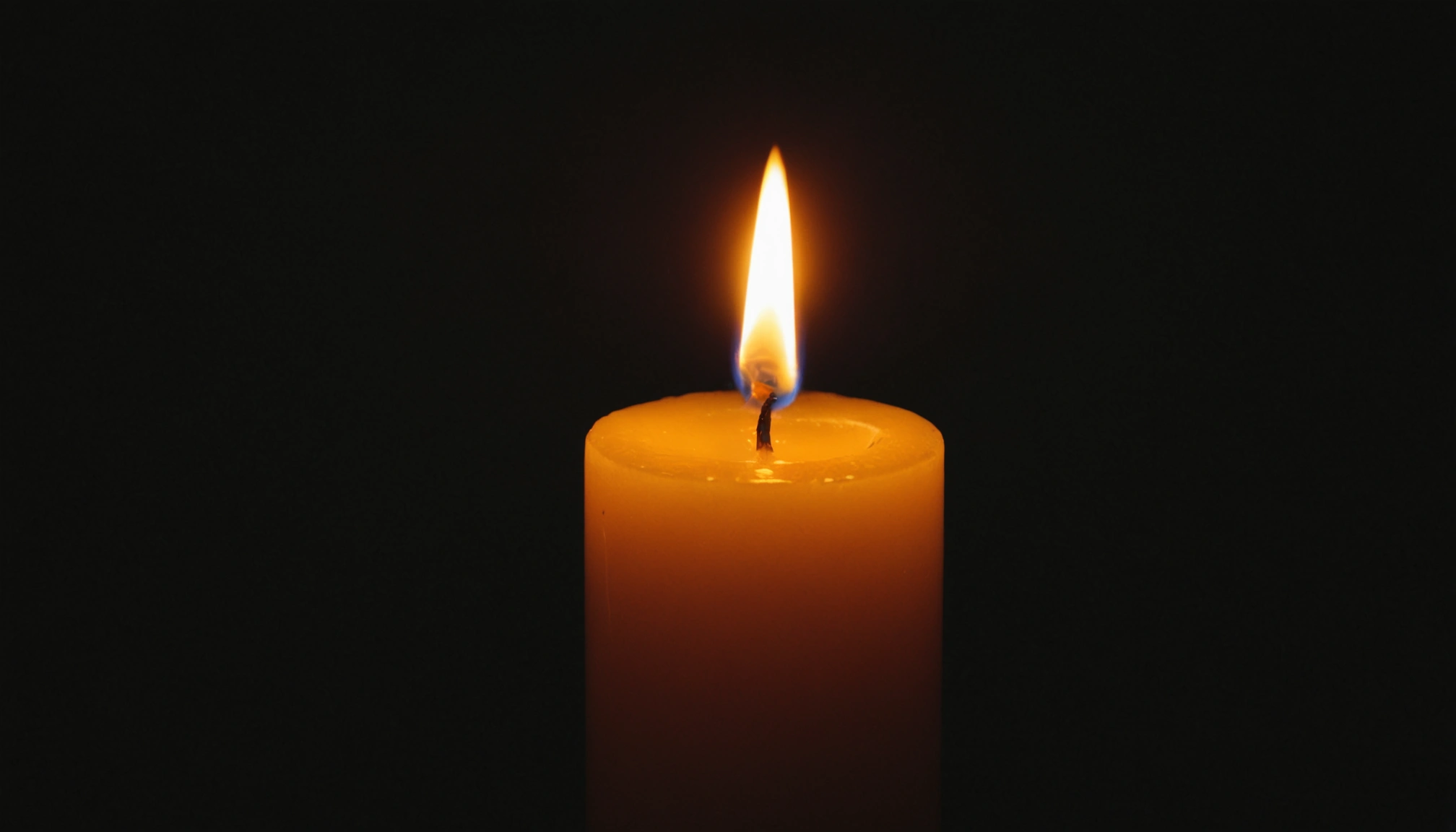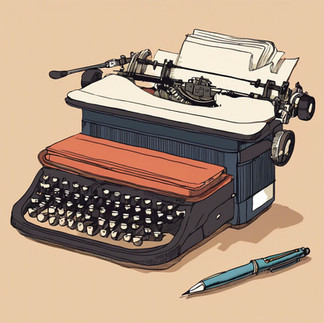Voting is not the Revolution
- Kelly Watt
- Mar 2
- 5 min read

The Illusion of Representative Government: A System Designed to Preserve Elite Power
America prides itself on the myth of democracy. We are raised to believe that representative government is a sacred contract between the people and their leaders, that through voting and participation, we shape our own destiny. But the reality is far bleaker: the system was never built for true representation. It was designed to secure wealth and power for an elite class while keeping the masses pacified with the illusion of influence. The Founders—landowners, merchants, investors—were not revolutionaries in the way we like to imagine. They were architects of institutional control, designing a government that would protect their wealth while allowing just enough participation from the lower classes to stave off rebellion.
From the beginning, the definition of "the people" was narrow. Only white male property owners could vote, ensuring that power remained concentrated where it had always been. When voting rights expanded, it was never about upending the hierarchy; it was about preserving it in a more palatable way. Every expansion of voting rights—from the abolition of property requirements to women’s suffrage to the Civil Rights Act—was a pressure valve, a carefully measured release to prevent systemic upheaval while maintaining the ruling class's grip on power.
Expanding the Vote: A Tactical Adjustment, Not a Revolution
Lincoln’s push to abolish slavery and redefine citizenship was not purely an act of moral conviction. It was a calculated move to shift the economic order. The South’s entire economy was built on enslaved labor; once that system was dismantled, the ruling class needed a way to control the newly freed population while still extracting their labor. The 14th and 15th Amendments, granting Black men citizenship and voting rights, were not radical disruptions but strategic adaptations. The plantation economy was replaced with sharecropping, convict leasing, and wage slavery, ensuring that while the system changed on paper, the power dynamics remained intact.
The same pattern repeated itself with every major expansion of democracy. Women’s suffrage did not immediately translate to real political power for women—it simply added them to an existing structure that remained controlled by the elite. The Civil Rights Movement forced legal change, but economic barriers, voter suppression, and mass incarceration ensured that Black Americans remained structurally disadvantaged. Each time the vote was expanded, it was not to dismantle power but to legitimize it, allowing the ruling class to say, "See? The system works," even as it continued to serve only them.
The Two-Party Illusion: Different Names, Same Masters
American politics thrives on the illusion of choice. Democrats and Republicans play their roles, offering theatrical debates, moral posturing, and occasional policy shifts, but on the issues that matter most—wealth consolidation, corporate control, economic inequality—they stand united. The two-party system functions as a well-oiled machine that presents voters with the illusion of opposition while ensuring that the real ruling class remains untouched.
Democrats have become the party of institutionalism. Once the party of social movements and radical change, they have settled into the role of system managers, pleading with the public to "trust the process" even as that process repeatedly fails them. Their platform is increasingly built on fear—fear of Republican extremism, fear of losing progress, fear of what happens if the system collapses—rather than a compelling vision for transformation.
Republicans, on the other hand, have mastered the art of grievance. They wield outrage like a weapon, positioning themselves as the last defense against a corrupt liberal elite. Even when they control vast swaths of government, they continue to posture as insurgents fighting against an oppressive system. Their rage is never directed at the billionaires who rig the economy or the corporations that exploit their voters; instead, they rail against immigrants, progress, and cultural shifts that threaten their nostalgic vision of control. It’s a masterful con. While their voters seethe over manufactured culture wars, the GOP works in lockstep with the same economic forces that keep working-class Americans struggling.
This carefully orchestrated dynamic offers voters a false choice: defend a crumbling system with the Democrats or burn it down with the Republicans. Neither option presents a real challenge to the entrenched economic order.
Manufactured Distractions: The Art of Division
The ruling class does not need secret societies or grand conspiracies. They maintain control through a much simpler strategy: keeping the working class too divided to fight back. Every major cultural war—race, gender, religion, urban vs. rural—is fueled and amplified to prevent people from uniting around their shared economic struggle.
Identity politics, while addressing real injustices, is often manipulated to prevent class solidarity. Political discourse is consumed by outrage over symbolic battles that do nothing to shift power. Debates over statues, pronouns, and school curricula dominate the headlines while corporations gut labor laws and politicians slash social safety nets. Religious and secular divides are exploited endlessly, with politicians using faith as a wedge issue to mobilize voters even as most Americans support the separation of church and state. The rural-urban divide is exaggerated to keep struggling farmers and working-class city dwellers from realizing they have the same enemies: corporate monopolies, wage stagnation, and a government that serves the wealthy.
This is how they keep the game running. A public too consumed by cultural battles and partisan rage to recognize that they are all losing the same economic war.
W.E.B. Du Bois and the Skepticism of Voting
W.E.B. Du Bois understood this dynamic long before it reached its modern iteration. He disengaged from voting, not because he didn’t believe in democracy, but because he recognized that the system itself was designed to neutralize real change. Electoral politics offers participation, not power. It invites people to vote, then ensures that whoever wins remains beholden to the same financial and political elite.
This disillusionment is widespread today. Many Americans see voting as little more than a hollow gesture, a civic duty performed within a structure built to resist fundamental change. The absence of a viable working-class movement, combined with systemic barriers to third-party alternatives, leaves many feeling like they are choosing between different shades of the same ruling class agenda.
Breaking the Cycle: The Need for a New Political Framework
The real fight is not left versus right; it is top versus bottom. The ruling class has perfected the art of controlled opposition and manufactured outrage, keeping the masses too distracted to realize that their true enemy is economic inequality. The Democrats defend a broken system, the Republicans pretend to fight it, and all the while, wealth consolidates at the top.
Real change will not come from within this system. It must come from mass movements that reject the two-party trap and demand economic justice. Voting is a tool, but it is not the revolution. Power lies in labor organizing, direct action, and refusing to play the rigged game laid out by the elite. Until people wake up to this reality, the cycle will continue, with the same ruling class steering the ship while the passengers fight over who gets to sit where.
Conclusion: The Fire and the System
A nation divided against itself has been the inevitable outcome of a republic built to balance the competing interests of an elite ruling class against the lived experience of the restless majority. The two-party system has never been about giving power to the people—it has been about controlling them. As long as people remain divided and pacified with symbolic victories, the ruling class remains untouched. Real transformation will not come from choosing the lesser evil—it will come from refusing to accept a system that was never built to serve the people in the first place.







Comments